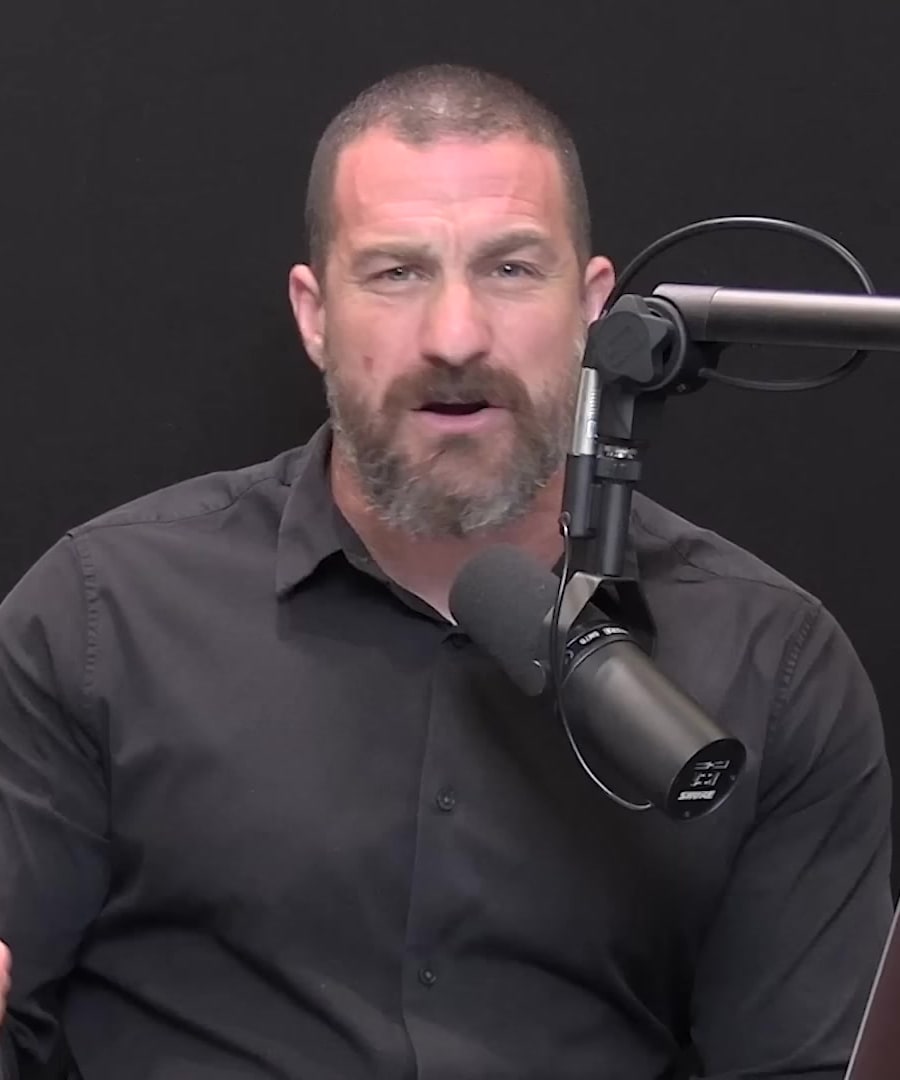Appetite suppression
Sources:
Andrew Huberman has discussed various methods and substances that can suppress appetite and their associated mechanisms:
-
Five HTP: This compound leads to a decrease in appetite by increasing serotonin levels, which is linked to decreased desire to ingest food. However, it also causes an increase in cortisol, and chronic use is not recommended due to potential side effects 1.
-
Nicotine: Acts primarily through the binding to specific receptors in the brain, particularly impacting the POMC neurons in the hypothalamus. This increases their electrical activity, which suppresses appetite. However, nicotine also affects metabolism and the mechanical aspects of eating, like chewing, but these effects are complex and managed by multiple neural pathways 2 3.
-
GLP-1 and Related Peptides: Substances like yerba mate or certain prescription drugs can stimulate the release of Glucagon-like peptide-1 (GLP-1), which plays a significant role in appetite suppression. GLP-1 acts by increasing gut distension (a feeling of fullness) and enhancing satiety signals to the brain through various pathways 4 5 6.
-
Hormonal Control: Different hormones, including ghrelin and melanocyte stimulating hormone, play crucial roles in hunger regulation and satiety. Behavioral changes, supplements, or prescription drugs can influence these hormones to manage hunger and satiety 7.
Huberman emphasizes understanding and managing the underlying biological mechanisms rather than merely using these substances for weight loss or to suppress appetite. He also cautions about the potential side effects and always recommends consulting healthcare professionals before starting any new regimen or substance for appetite suppression.
RELATED QUESTIONS-






